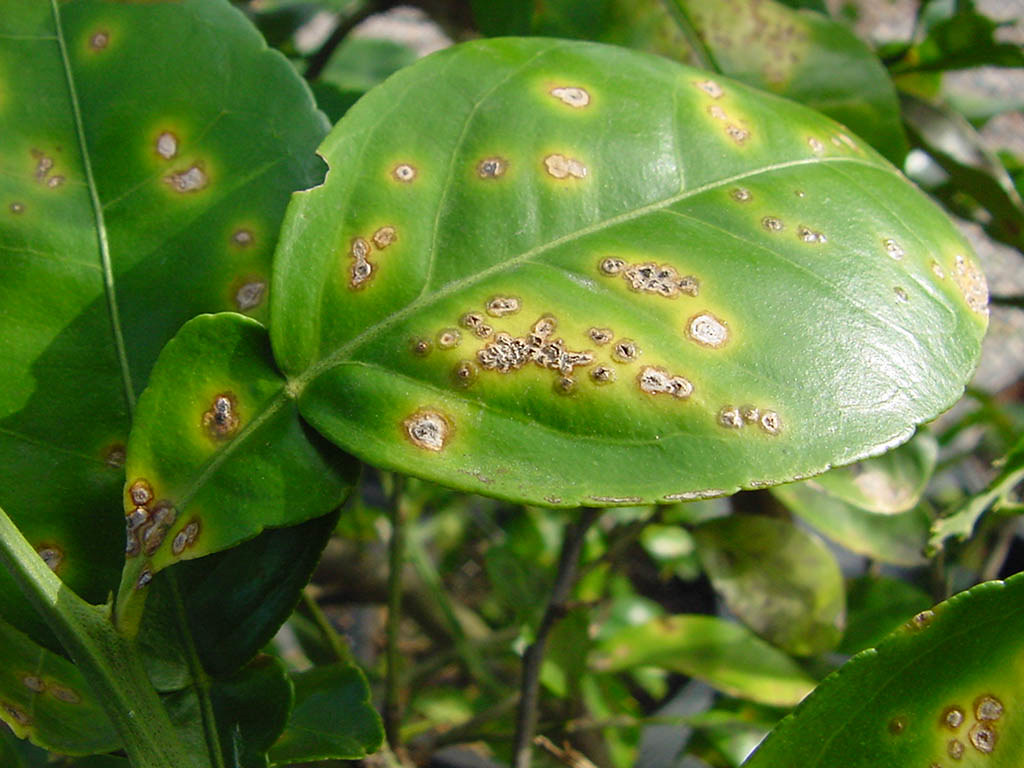



Article by: Hari Yellina (Orchard Tech)
Citrus canker, a deadly bacterial fruit disease, has been detected in Alabama, in the residential area of Baldwin. This whole area shares a border with Florida and also the Gulf of Mexico. This disease was detected after the Federal and State plant health officials have identified and confirmed that it is indeed the canker that is destroying the crops that are present. This survey was organized and collected by the Alabama Agriculture and Industries. This worm has been identified despite all of the surveys that are conducted on a bi-annual basis
A pleasant yet shocking fact remains that even though the fruits that are infected by the canker are safe to consume, they lose their freshness level extremely fast. This is because the bacteria remains active on the surface of the plant for a long period of time. ADAI and U.S. Department of Agriculture Animal and Plant Health Inspection Service officials have devised a plan of action. Together they will be conducting a delimiting survey to determine the extent that the pathogen may have spread.
There is no cure for the disease, so any infected trees have to be destroyed and orchards replanted at great cost. If a citrus canker is established in Australia, trading partners are likely to reject any fruit that could carry the disease to avoid importing the disease as well. Australia’s citrus industry and the communities it supports would be threatened.